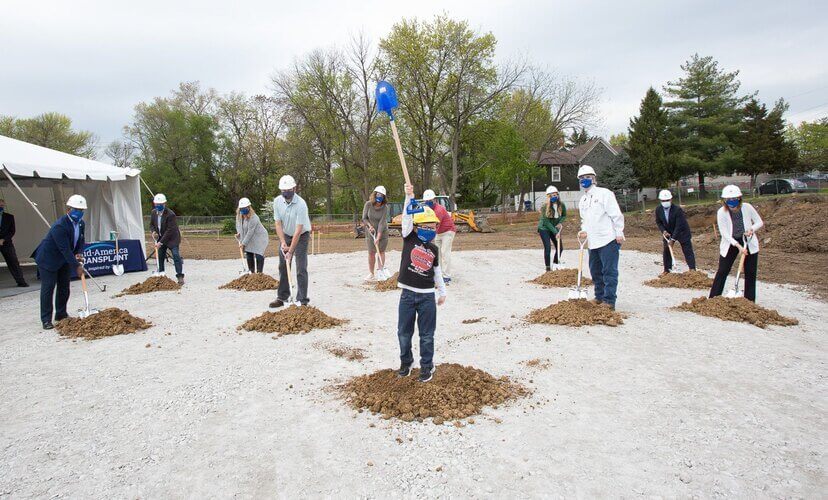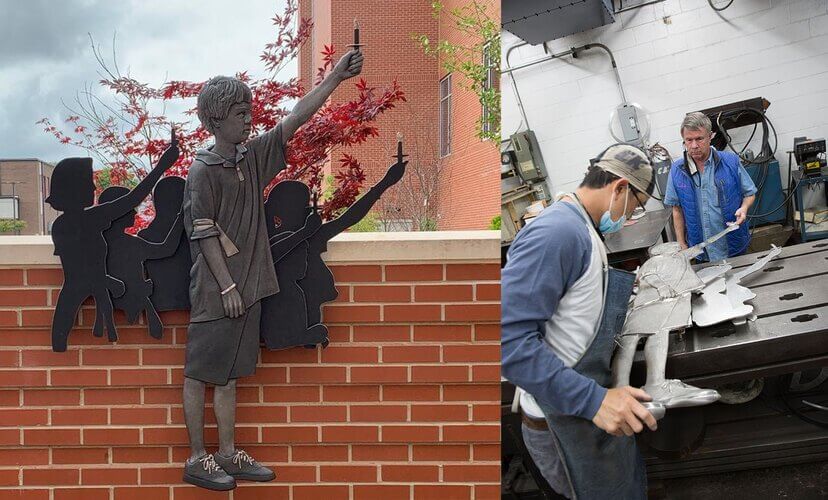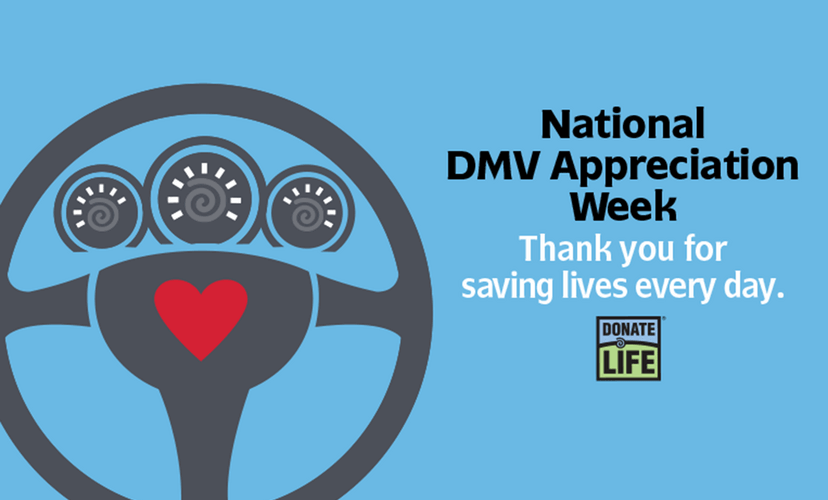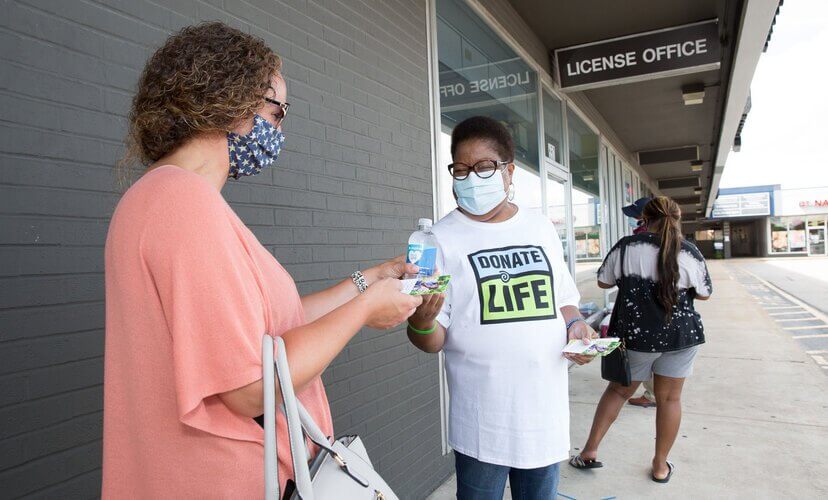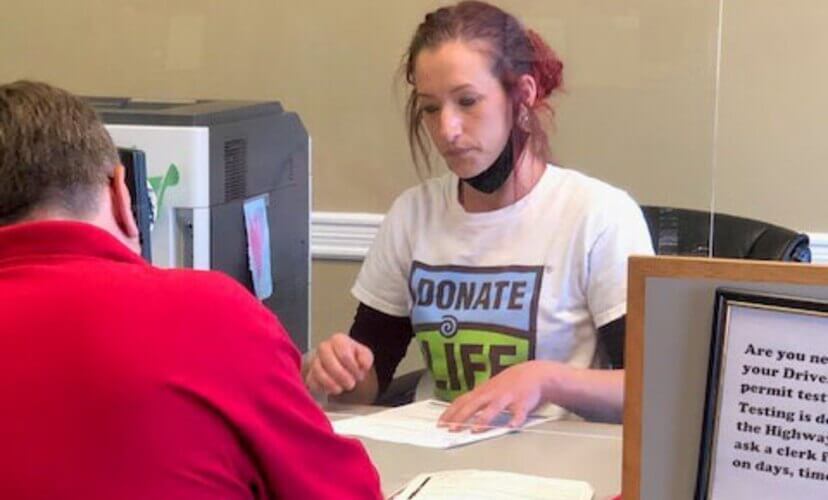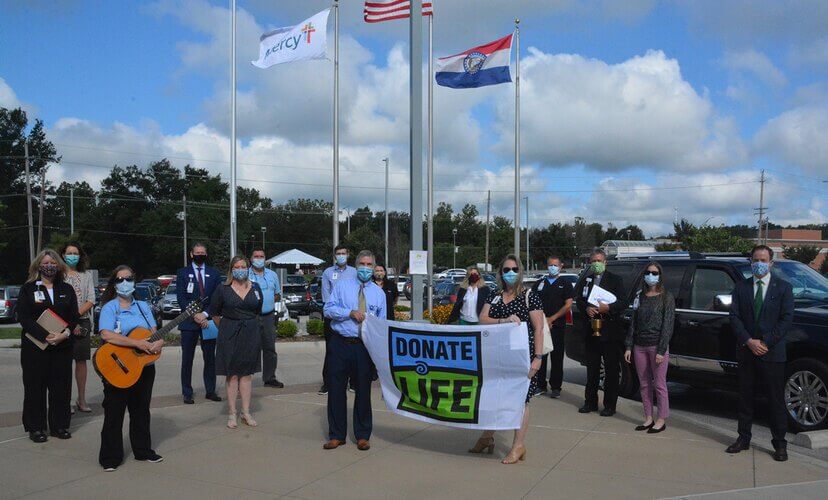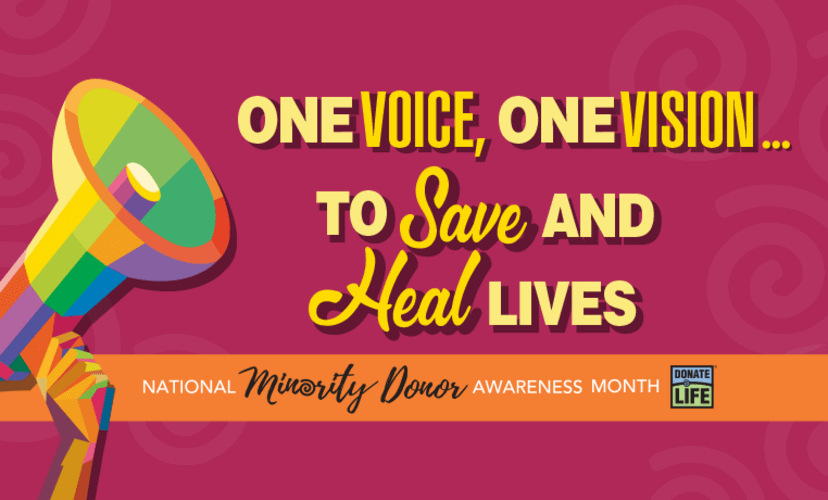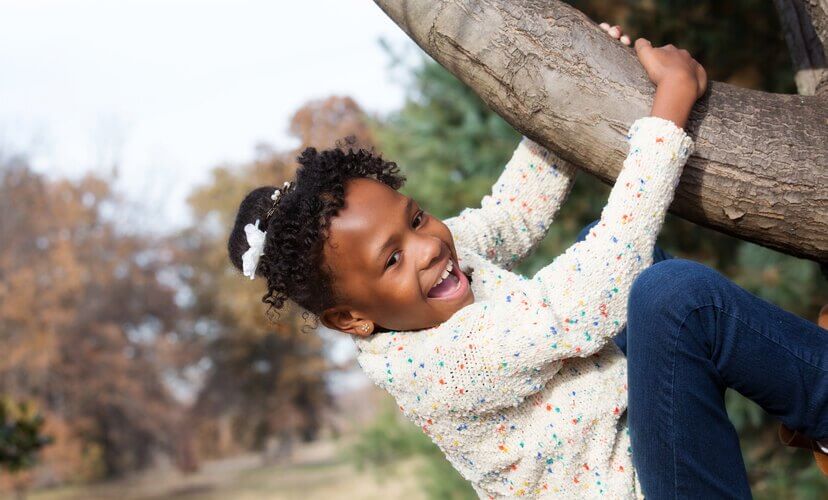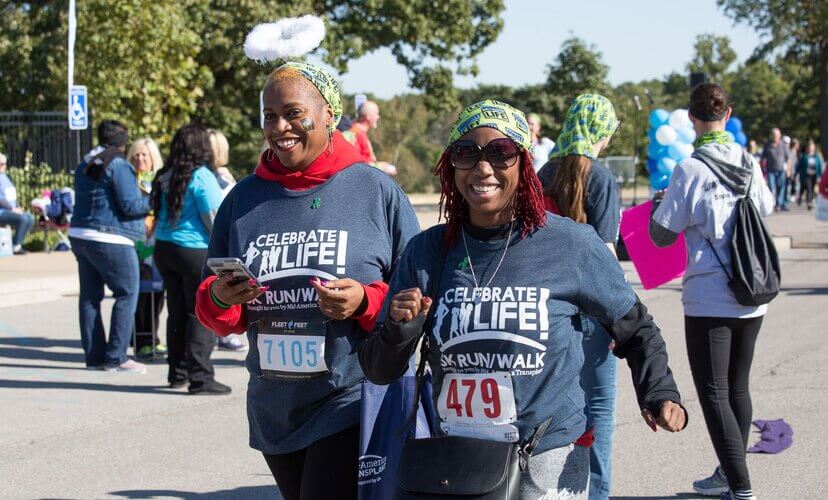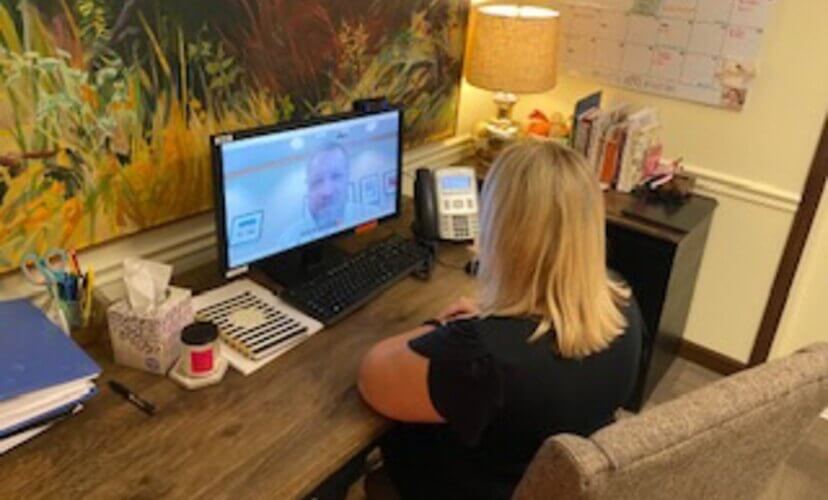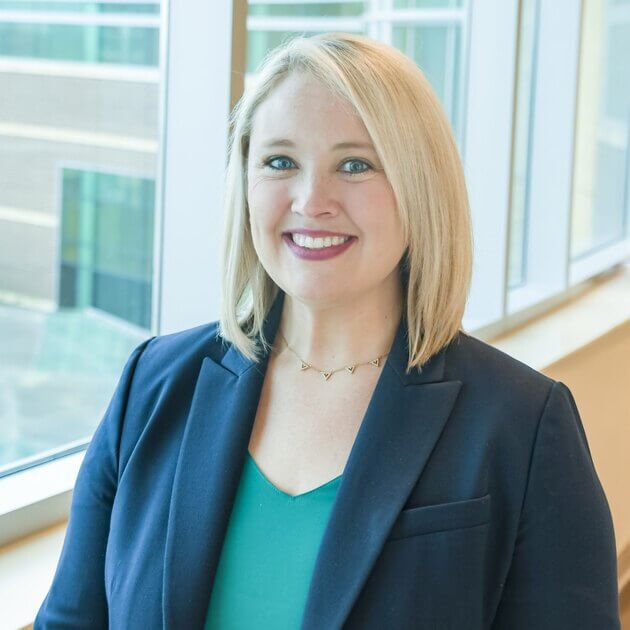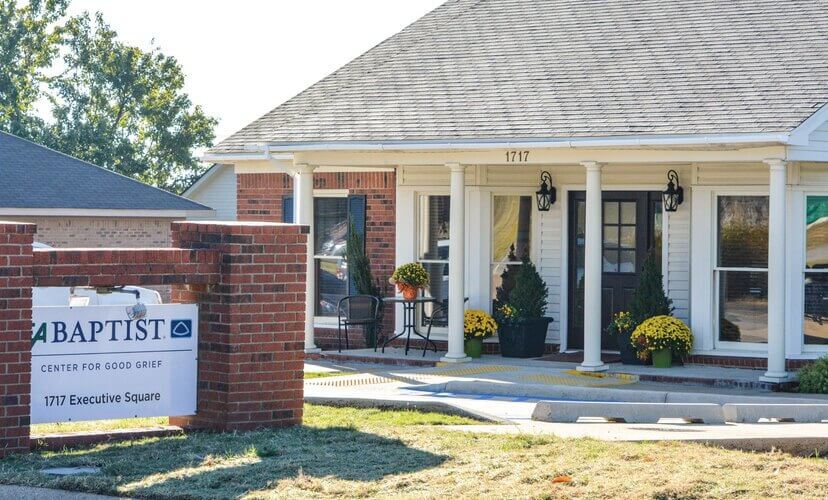National Donate Life Month is a month-long observance throughout April, and we hope you’ll join us in celebrating this important time. NDLM, short for National Donate Life Month, is designed to help encourage Americans to register as organ, eye, and tissue donors and to celebrate those who have saved lives through the gift of donation.
There are many ways you can help celebrate NDLM and show support for donor heroes, their families and those awaiting a lifesaving gift.
Ten Ways to Celebrate Donate Life Month
1. Follow Mid-America Transplant. First and foremost, follow us! We are on Facebook, Twitter and Instagram. When you like, comment and share our posts, your friends see them too. It’s an easy way to share how important National Donate Life Month is to you.
2. NDLM-Themed Social Media Cover Images and Profile Pictures. Visit Donate Life America’s National Donate Life Month webpage and download social media cover images and profile pictures to show your support of donation and transplantation. In the description of the image, include a link to SayYesGiveLife.org where your friends can join the registry.
3. What Donation and Transplantation Means to Me Post. Print the “Means to Me” sign and share a message of what donation and transplantation means to you. Snap a picture of you holding the sign and post to social media with the hashtag #MidAmericaTransplant.
4. Share Your Story. We want to share at least one new story of a donor or recipient every day during National Donate Life Month! Do you have a personal connection to donation and/or transplantation? Share your story on our website by clicking here, and we may share it on our social media channels. You can inspire others to make a lifesaving, heroic decision to be an organ, eye and tissue donor.
5. Donate Life Rocks! We want to spread community awareness about donation and transplantation. Put your creativity to work and decorate a rock with a donation and transplantation theme. Add the hashtags #MidAmericaTransplant and #DonateLifeRocks. Place your rock somewhere in the city for others to find. Don’t forget to take a picture of your rock and post it to social media using both hashtags.
6. Blue & Green Day is April 22nd. Dress up in your best blue and green outfit for Blue & Green Day on Friday, April 22. Blue and/or green shirt? Check! Blue and green shoes? Check! Blue and green hair accessory? Check! Blue and green nail polish? Check! If it’s blue and/or green, wear it! Post a photo to social media and include the hashtags #MidAmericaTransplant and #BlueGreenDay
7. National Pediatric Transplant Week begins on April 24th. Share the NDLM coloring sheet with the kids (or kids at heart) in your life. If you would like to post your finished sheet to social media, use hashtags #MidAmericaTransplant and #KidsTransplantWeek. Use them to decorate your home or workplace.
8. TV Monitor Graphics. Included in this toolkit are 1920 x 1080-pixel graphics for use on your in-office monitors.
9. Notes of Hope. Use the included blank note square template to create notes of hope to display in your workplace.
10. Have You Joined the Registry? And most important, if you haven’t done so yet, join the organ, eye and tissue donor registry by visiting SayYesGiveLife.org. More than 110,000 people are waiting for a lifesaving transplant. They are counting on us to raise awareness about organ, eye and tissue donation to give them a second chance at life.
Mid-America Transplant wishes you a happy National Donate Life Month!
Thank you for your support and your dedication to saving lives through organ, eye and tissue donation!
